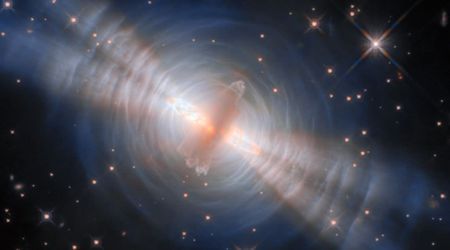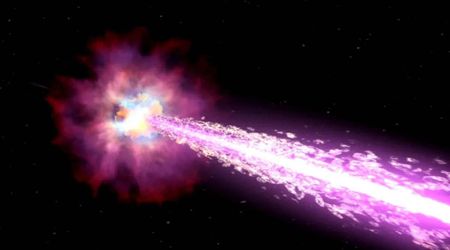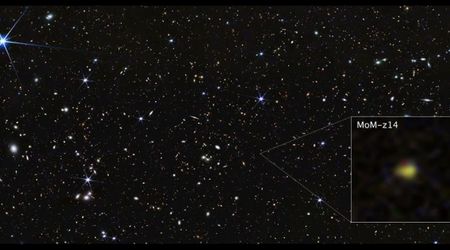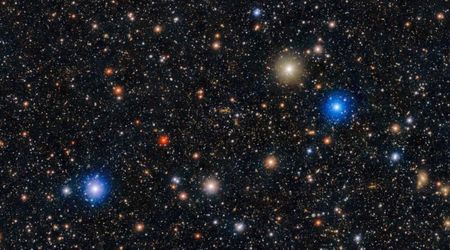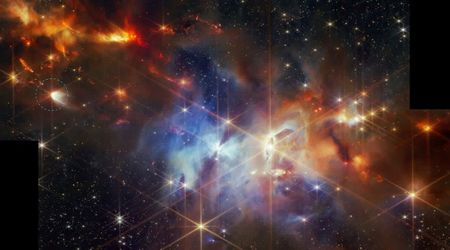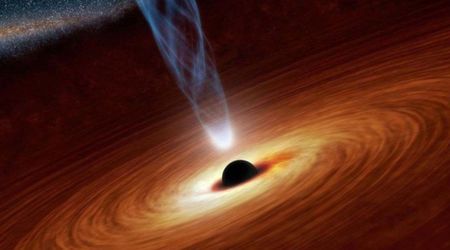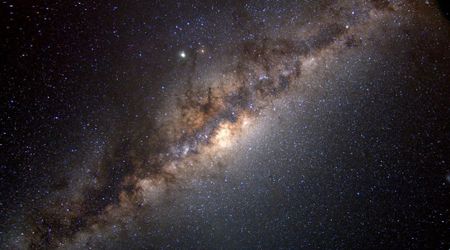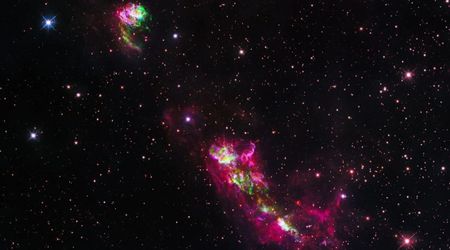Impulse Space and SES partnership aims to reshape satellite delivery to higher Earth orbits

Impulse Space and satellite operator SES have partnered to transport SES satellites to medium and geostationary orbits. Their multi-launch agreement kicks off in 2027 with Impulse's Helios kick stage taking a four-ton SES satellite from Low Earth Orbit (LEO) to Geostationary Earth Orbit (GEO) in just eight hours. The specific rocket launching Helios and the satellite, as well as the exact SES satellite, have not yet been revealed. This agreement also includes the possibility of future missions to relocate more SES satellites to GEO or medium Earth orbits, as reported by SpaceNews.

This deal marks the first commercial agreement for Impulse Space's Helios, a high-performance transfer vehicle unveiled in early 2024. Helios is designed to transport satellites weighing up to five tons from Low Earth Orbit (LEO) to Geosynchronous Earth Orbit (GEO) in under a day — a process that typically takes weeks or even months with traditional methods or electric propulsion. Tom Mueller, founder and chief executive of Impulse Space, stated, “We believe MEO and GEO play a critical role in the space economy, but operators today face the challenges of slow, expensive, and inflexible access to these essential orbits.” He highlighted that Helios, in contrast, “is built to move large payloads to high-energy orbits quickly and reliably.” On the other hand, Adel Al-Saleh, chief executive of SES, said, “Today, we’re not only partnering with Impulse to bring our satellites faster to orbit, but this will also allow us to extend their lifetime and accelerate service delivery to our customers.”
According to Mueller, SES has a history of embracing innovation in space access, being the first geostationary satellite operator to utilize a SpaceX Falcon 9 and also the first to launch a satellite on a reused Falcon 9 booster. While SES is the inaugural commercial client for a dedicated Helios mission, Impulse Space has secured other contracts. In September, the Company announced a contract with French startup Space Network Services to deploy as many as six small GEO satellites via a gestationary rideshare program that Impulse had revealed the preceding month. Additionally, Impulse Space secured a $34.5 million contract in October to support two U.S. military space missions — Victus Surgo and Victus Salo. Although both these missions will employ Impulse's more compact Mira vehicle, for the Victus Surgo mission, the Mira tug, equipped with an optical payload, will be transported to GEO on a Helios tug.
View this post on Instagram
Impulse Space, an in-space mobility company, is advancing space travel with its cost-effective, high-performance vehicles, Helios and Mira. Helios, powered by its Deneb engine, transports payloads rapidly to high-energy orbits like MEO, GEO, lunar, and other planetary destinations. Mira, a flight-proven vehicle, offers precise maneuverability for hosting, deployment, and rendezvous operations in any orbit. Founded by Tom Mueller, Impulse Space aims to quickly and reliably get customers to their desired orbital locations, according to Impulse Space.
SES, based in Luxembourg, provides global content and connectivity solutions by operating a geosynchronous orbit fleet and medium earth orbit (GEO-MEO) constellation of satellites. They deliver high-quality video and seamless data services worldwide, utilizing their intelligent, cloud-enabled network to serve telecommunications companies, mobile operators, governments, and content owners.
